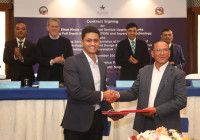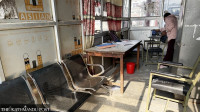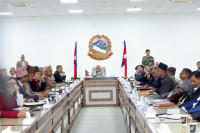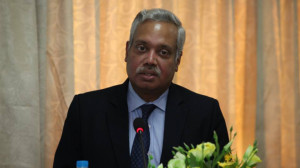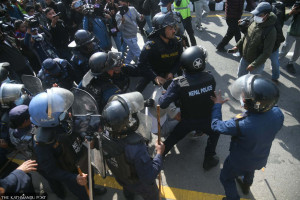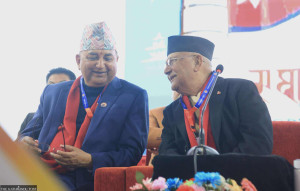National
Six universities have been without vice-chancellors for months, but government has done precious little to appoint them
Committees formed to recommend names are waiting for consensus among parties, officials and experts say.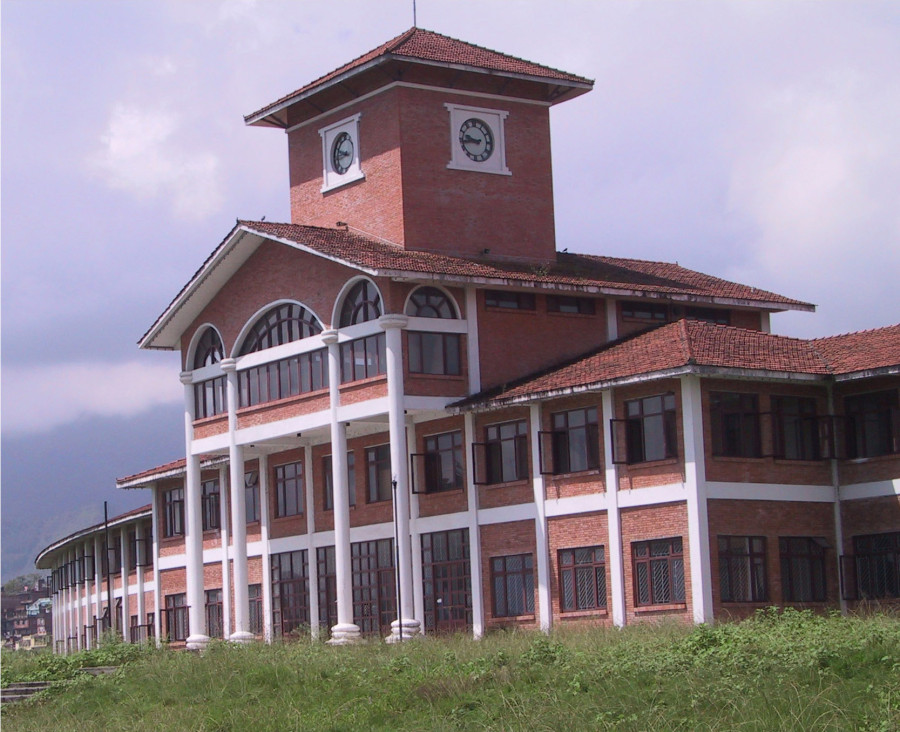
Binod Ghimire
At least six universities have been without vice-chancellors for the last three months.
Purbanchal University, Nepal Sanskrit University, Agriculture and Forestry University, Mid-Western University, Far-Western University and Pokhara University have been without the executive and administrative heads.
So far, only Tribhuvan University has got the vice-chancellor after the government a month ago appointed Dr Dharma Kant Banskota, a close confidante of Prime Minister KP Sharma Oli. But the government has not made any efforts to appoint officials at other universities, which also became leaderless along with Tribhuvan University.
The Ministry of Education had said that unlike in the past appointments in universities would be made on merit basis, in a departure from the longstanding tradition of installing officials on political sharing. Accordingly, a search committee led by Education Minister Giriraj Mani Pokharel had recommended three individuals, including Dr Bhagwan Koirala, a noted cardiac surgeon, as the first choice for Tribhuvan University.
Oli, who holds the authority to appoint vice-chancellors in the capacity of ex-office chancellor of the university, however, picked Banskota.
Six different search committees led by Pokharel and Usha Jha, a member of the National Planning Commission, have been formed to recommend officials for other universities. Responding to the vacancy notice by the search committees, 250 individuals had applied. The search committees have shortlisted 178 people who meet the eligibility criteria.
About two weeks ago, Jha told the Post that the names would be recommended for the universities by December 5. But Jha left for Vietnam on December 3 to attend an international conference, and recommendations are now pending.
Officials familiar with the development and experts say the government promise to appoint officials to universities is nothing but a farce, as political parties have refused to give up their stakes in the academic institutions.
“The search committees called applications only to show that vice-chancellors would be selected on merit basis. But appointments will be made on the basis of political sharing,” a senior official at the Education Ministry told the Post on the condition of anonymity because he was not allowed to speak to the media.
According to the official, search committees are actually waiting for parties to reach a consensus.
Deepak Sharma, spokesperson for the ministry, however, said he has no idea why the appointment process has been delayed.
Ever since the second people's movement in 2006, appointments in the varsities have been made on political sharing, with the party in the government appointing people close to it in top positions. Along with the post of vice-chancellor, the positions of rector and registrar are also shared among political parties.
Four years ago, when Sushil Koirala was leading the government, the highest number of portfolios went to the Nepali Congress. Vice-chancellors of Tribhuvan University, Purbanchal University, Nepal Sanskrit University, Far Western University and Lumbini Buddhist University were appointed from the Congress quota.
The CPN-UML had its appointees at Pokhara University and Mid-Western University, while Agriculture and Forestry University was allotted to the CPN (Maoist Centre). The Maoists also got the Open University later on.
Professors affiliated to the Democratic Professors’ Association, which is close to the main opposition Nepali Congress, say the whole process of calling applications for the vice-chancellor post is flawed.
“No senior and competent professors will stand in queue demanding vice-chancellor's position,” Jagat Timilsina, president of the association, told the Post. “The search committees are buying time as there has been no agreement among the factions in the ruling party.”
According to Timilsina, the association is closely following the selection process and will not agree if they are ignored.
“As over 60 percent of the professors are affiliated to our association,” said Timilsina, “appointments without our consent will have consequences.”
Education experts say the way the appointment has been made in Tribhuvan University shows political sharing will continue while appointing officials in other universities.
According to them, politicisation in the appointments will not stop until the university senate is authorised to pick officials, instead of the education minister and the prime minister.
“I am sure a lack of agreement in political sharing is delaying the appointment process,” Binay Kusiyait, a professor at Tribhuvan University, told the Post. “Universities are never going to improve unless the culture of political sharing ends.”




 17.12°C Kathmandu
17.12°C Kathmandu
